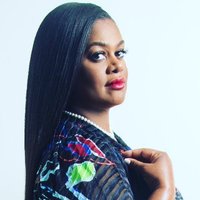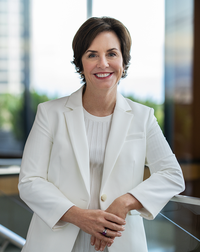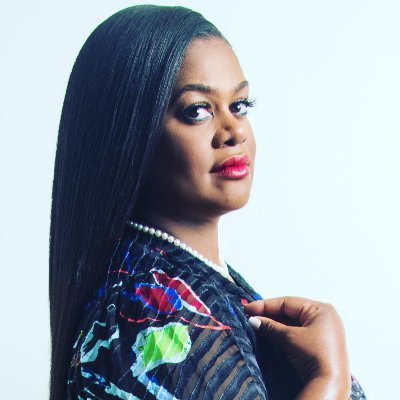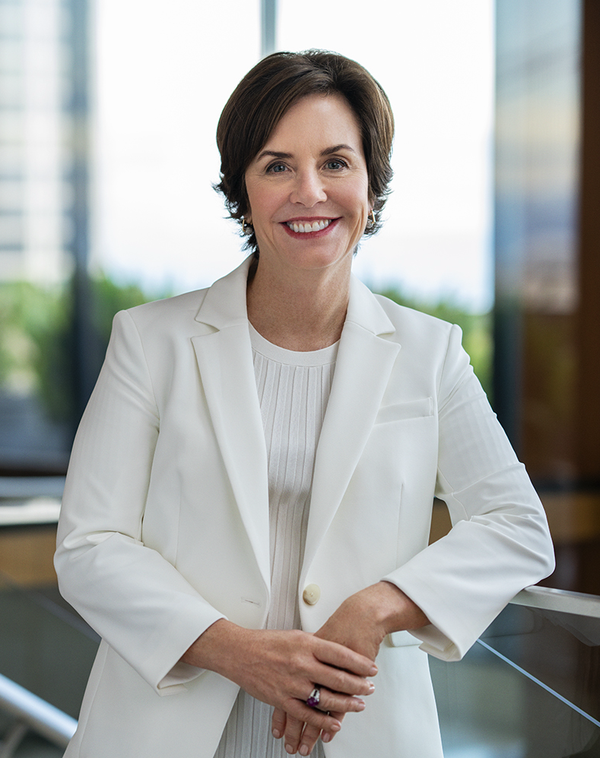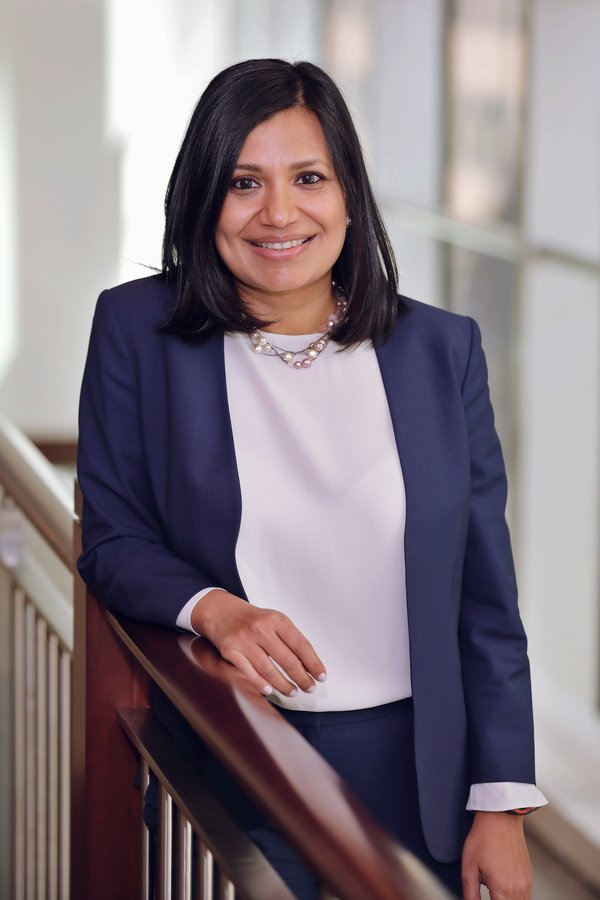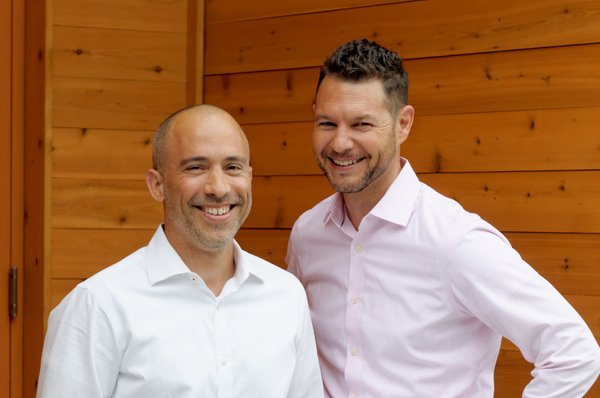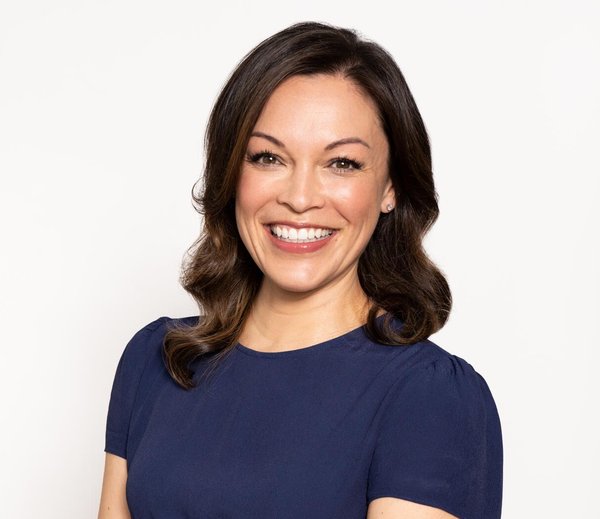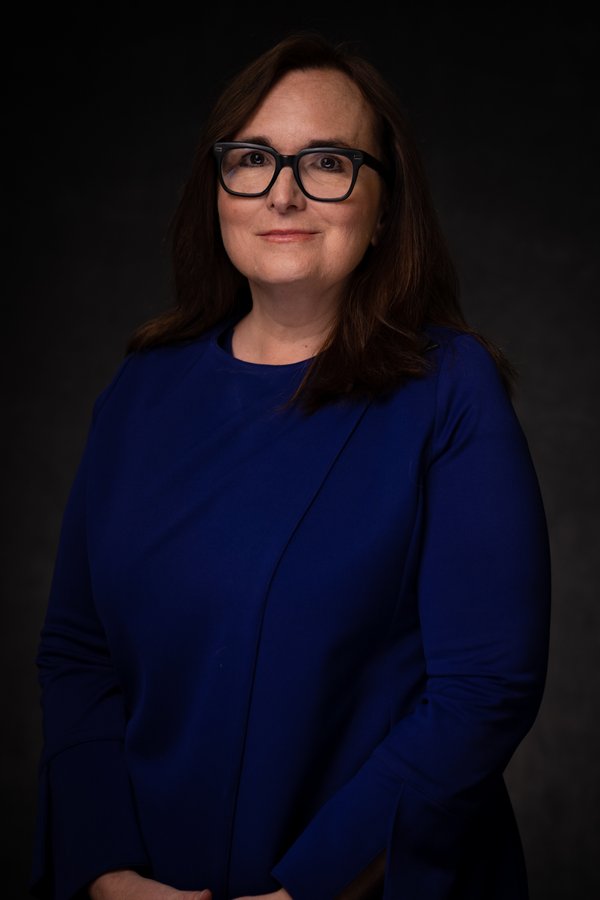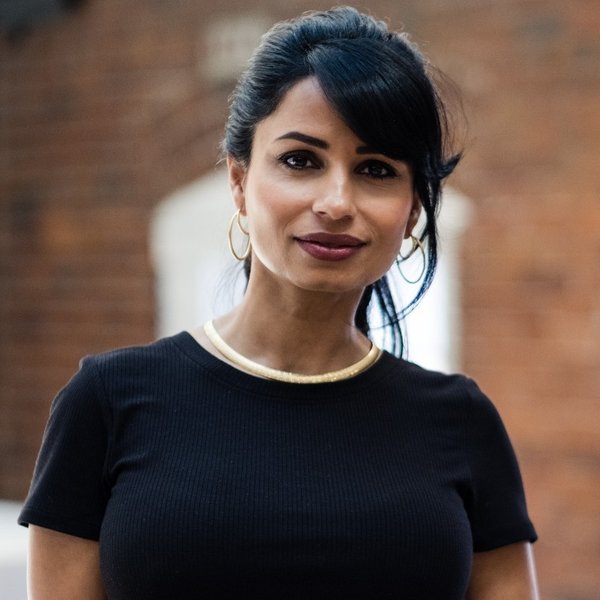
Asit Sharma is a Senior Analyst and Lead Advisor at The Motley Fool. Asit works on The Motley Fool's flagship Stock Advisor service, as well as various Motley Fool "Everlasting" real money portfolio services, including Virtual Revolution and Rising Stars.
He is drawn to stocks that represent the highest level of innovation in the global economy and currently focuses his research on small-cap growth stocks and recent IPO issues. Based in Raleigh, North Carolina, Asit is a Certified Public Accountant and has worked as the CFO of a middle-market manufacturer and a strategy and finance consultant to privately held businesses. Before joining TMF as an analyst, Asit was a longtime contributing writer and editor at Fool.com.
Asit graduated from the University of North Carolina-Chapel Hill and holds a master's degree in English Literature from New York University. However, he's received the most important lessons in life and investing from experiences, travel, failures, and the occasional redemption. A husband and a father of three boys, Asit loves spending spare time with family and friends. His interests include running, creative writing, cooking, chess, and -- a new obsession -- watching Turkish comedy films.
Asit's Investing Style
How many years of investing experience do you have? 20+ years
What is your investing risk tolerance? High
What is your portfolio size? 20+ stocks
What are your favorite investing sectors? Industrials, Consumer Discretionary, and Information Technology
What makes these sectors so interesting to you? Between the industrials, consumer discretionary, and information technology sectors, an investor can participate in rapid innovation that’s happening across the U.S. and global economies. There’s so much to learn in these areas that I’m unfortunately a generalist in most other sectors!
When did you get started in investing and why?
When I was a kid, I used to spend a lot of time in the public library. I’ve always been an eclectic reader, and I used to enjoy thumbing through the Value Line Investment Survey, a publication you had to ask the reference librarian to use. I think I was drawn to the big green binders that housed the paper inserts. When I was 13, I bought into my first mutual fund with $75 I had saved up, and I’ve been learning about the markets and businesses since then.
Can you tell us a little bit about your relationship with money at an early age?
I was fortunate that my family didn’t have to struggle financially when I was young. But I’m a first-generation Indian American, and my parents didn’t really have the time to teach me much about sound financial habits as I was growing up. I picked up my present money habits through trial and error and a few tribulations, something I think first-generation kids of many differing backgrounds would recognize.
What has your journey been like as an investor? What are some of the challenges you’ve had to overcome?
I had the sense from an early age that the best way to make money in the markets was to find great businesses and hold them, either through individual investments or indexed-based investments like mutual funds and ETFs. Very Foolish, right?
Yet, in my mid-20s, when I was earning my first real money after college and graduate school, I got caught up in the allure of speculation and day trading. Thinking about short-term price movements and how I could capitalize on them sucked up most of my free time. And I had no understanding of risk and position-sizing -- two principles that you have to master if you’re going to be a trader. I promptly lost all my capital, and, painfully, also burned through a small amount of money my parents had given me to invest on their behalf.
This experience was helpful to me in that I soon realized that while it might be possible for me to make money trading, I wasn’t a natural-born trader, and it wasn’t a constructive use of my time to try to become one. Being an investor seemed like such a better path; you could go live your life while your capital grew over a period of years.
In what ways has your social or cultural identity and lived experiences positively impacted your investing journey?
Like many others, I experienced a rough patch during the Great Recession of 2008-2009. I basically had to switch careers after the company I was working for shut down when its credit lines were frozen by the bank during the financial crisis. After having had a comfortable career as a CPA in public practice and in industry, I was suddenly at sea, not knowing what to do next. Eventually I hung out a shingle as a business consultant, built a small practice, and started writing for The Motley Fool, which, after some time, led to my current position as analyst.
So my most difficult period was actually the beginning of a wonderful journey -- I just couldn’t see it that way at the time. In life and in investing, adversity can be a very astute teacher. From that experience, I’ve learned to be more at peace with the wide swings in the market -- they’re temporary, and what matters more are the long-term outcomes of the businesses I’m investing in. And my personal experience also taught me to be alert to new investment opportunities precisely when things seem to be at the very worst stage.
With so many new or younger investors dipping their toes into investing, what’s the best advice you have for someone who may be looking to start investing or who may be newer to the industry?
For younger and/or newer investors, the best advice I can give is to invest regularly -- be as consistent as possible and invest as much as you can afford at that cadence, even if it’s only a few bucks at a time! Trust me, it will start to build up over time. Ideally, you’ll be allocating funds to stocks and index-based ETFs once each month. If you’re earning, you can direct some of each paycheck into long-term investments (and do take advantage of retirement plan deferrals and any matching funds from your employer!).
Investing on a regular schedule helps you dollar-cost average into great companies. It also gives you a sense of agency when markets are down versus the feeling of suffering on the sidelines if you’ve invested a single lump sum.
Do you have any advice for investors on how to diversify their portfolios? Why do you think diversification is important?
At the Motley Fool, we advocate across our services for investors to own at least 25 stocks. For an investor who keeps a 20% cash position, that works out to a position size of about 3% for each stock you own in your portfolio. This helps limit catastrophic risk to your investable funds; the opposite holds true if your funds are concentrated in one or a handful of stocks. You can adjust position sizes as your conviction in certain businesses grows. Moreover, using this strategy, you give yourself more chances to be right. Over time, a few “home run” stocks can greatly increase the value of your entire portfolio. But we greatly limit such potential if we only invest in, say, three to five stocks: Aside from the concentration risk in such a portfolio, an investor puts a heavy burden on him or herself to be accurate in the extreme!
What advice would you give to a newer investor who may be experiencing market volatility for the first time?
Focus as much as you can on the specific businesses you’d like to own and think in terms of what will happen to those businesses over a five- or 10-year time frame. The volatility that we’re seeing in the markets this year is indeed jarring. But stock prices over the long-term are determined by revenue and earnings growth, so if you’re buying high-quality companies, the market will eventually reward their business success in the form of price appreciation.
If you could go back in time and change one thing about your investing strategy, what would you change and why?
I would have invested more regularly than I did throughout my earnings career. It’s never too late to start investing, but of course the earlier, and the more consistently, the better.
What are three things that really excite you about the future of investing?
- I know it doesn’t seem this way, but we’re in the early stages of massive investment in new technologies focused on next-generation transportation, healthcare, computing power, robotics, climate change reduction -- to name only a few. We’ll see some amazing companies being created and going public over the next 10 to 15 years.
- It’s never been easier to access quality information about stellar businesses. The average novice investor has a wealth of easy-to-grasp information at his or her disposal, much of it free.
- Passive, index-based investing is getting cheaper through low cost ETFs, and brokerages are also making it cheaper for investors to build their own baskets of stocks that can be purchased regularly with just a click.
What about three things that scare you about the future of investing?
- Meme stock trading and the crash of digital assets have turned many young investors away from traditional common stock investing. I fear that part of the newest generation of investors may miss out on stellar returns after having been burned through participation in riskier assets. But then again, I started out day trading, and I ended up OK!
- Geopolitical risk and climate change risk. The world is becoming increasingly polarized to the point that we’re unable to agree on simple facts and assumptions. In our proclivity to spend time hating on each other, we’re missing the larger point that we need to band together as a society to solve the biggest problems we face, from a growing trend of authoritarianism to a planet that needs us to pay attention and reduce our carbon footprint.
- Uncertainty. As investors, we have to learn to accept what scares us the most in order to succeed. But fear of uncertainty is a healthy fear to maintain; respect for changing outcomes will make you a less didactic and more practical investor.
Who are some leaders in the investing industry you admire and why?
My investing colleagues at The Motley Fool are incredible mentors. We’re a team of more than 30 analysts, so I don’t have space to name all of them here. But I’ve learned so much from so many people that I admire right here at The Motley Fool. I also admire Sallie Krawcheck, who is empowering female investors; the late Jack Bogle, who made index investing cost-efficient for all investors; and others who have advocated for investing inclusivity.
What are some of your favorite educational resources (books, podcasts, websites, etc.) that you’d recommend for investors of all ages?
The Motley Fool Money podcast, Invest Like the Best with Patrick O’Shaughnessy podcast, One Up on Wall Street by Peter Lynch, John Authers’ free daily macroeconomic newsletter (sign up at Bloomberg.com), and The Little Book of Valuation by NYU professor Aswath Damodaran.
What’s one quote or saying that inspires or challenges you?
“Dip him in the river who loves water.” A strange aphorism by the 19th century English poet William Blake, this essentially means that if you have a passion or curiosity, it’s OK to immerse yourself and chase the thing that inspires you. Whether this means tracking down a song you heard an intriguing snippet of in a coffee shop, making time to read an edifying book, or chasing the career you’ve dreamt about, you’re living a fruitful life for that moment, or those hours, or those years.
